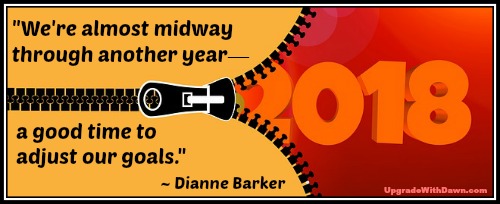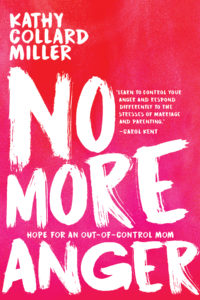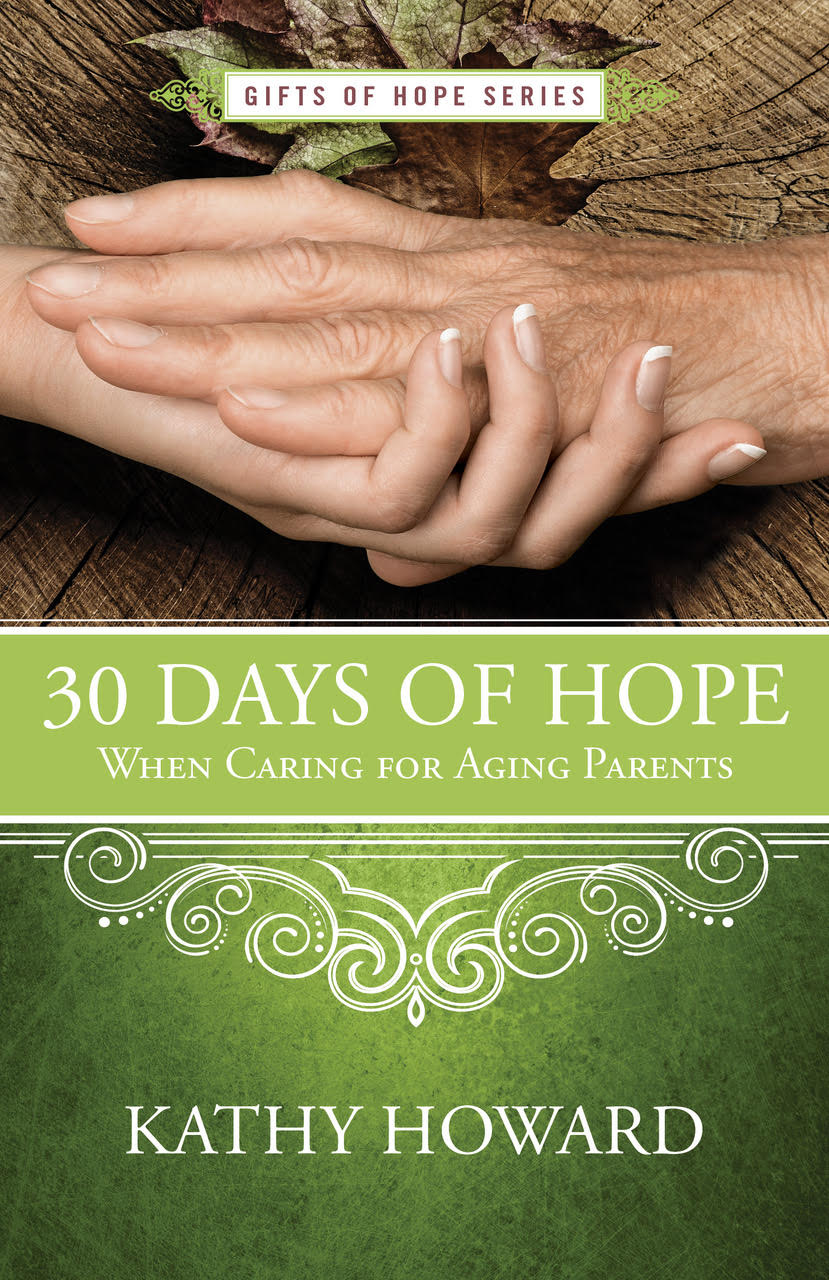Habits for the Rest of My Life
A prestigious writer, Dianne Barker has long asked the Lord to guide her steps, so it's no surprise she focuses on what will please Him. In this Choices UPGRADE, she shares some habits that are changing her life. Maybe they will change yours too.

"I didn’t make any New Year’s resolutions in January—gave that up long ago," Dianne says. "Decisions and goals work better for me."
I (Dawn) totally agree with this. "Resolutions" are too easy for most of us to break. But making daily choices that get us closer to healthy, godly goals, and cultivating life-building habits? Now that's a good thing!
Dianne continues . . .
Scrolling through journal notes, I found a ten-year-old list of decisions and goals. I’m updating the list and calling it “Habits for the Rest of My Life.”
1. Exercise daily—body and spirit.
No excuse for missing my daily quiet time.
Why settle for my feeble wisdom to navigate this life when I have divine resources for every minute?
2. See Jesus’ face only—especially when I encounter difficult people.
I’m making this decision carefully, aware that He may provide many opportunities to test me.
3. Get a grip on my self-esteem.
Still craving approval? Get over it!
My esteem depends only on God’s acceptance—not on performance or perfection.
God has poured his life into me and chosen me for a purpose.
4. Bring every thought into captivity.
Negative thoughts are defeating. Devastating. Paralyzing. A dead-end street.
Forget trivial stuff.
How many times the Lord has said to me, “You could be praying about bigger things.”
5. Learn thankfulness.
I lost a tiny screw from my glasses. How would I ever find it in my mammoth purse?
My friend said, “Let’s thank the Lord. Now empty your purse.” Found it!
Thankfulness makes sense—since my only options are to thank the Lord or grumble.
Thankfulness pleases the Lord and makes my life better.
6. Rejoice by faith.
“This is the day that the Lord has made; let us rejoice and be glad in it” (Psalm 118:24).
Rejoicing is a decision, not a feeling.
Discouragement has robbed me. I choose to rejoice by faith.
7. Stop wallowing in despair and wailing about my inability, and make the most of every day.
I’m encouraged by Rahab’s comments to the two spies Joshua sent to Jericho:
"I know that the Lord has given you the land, and that the fear of you has fallen upon us, and that all the inhabitants of the land melt away before you. For we have heard how the Lord dried up the water of the Red Sea before you when you came out of Egypt, and what you did to the two kings of the Amorites who were beyond the Jordan, to Sihon and Og, whom you devoted to destruction. And as soon as we heard it, our hearts melted, and there was no spirit left in any man because of you, for the Lord your God, he is God in the heavens above and on the earth beneath" (Joshua 2:9-11).
The Lord my God is God in the heavens above and on the earth beneath. He is my courage!
I ended the journal entry,
“Lord, I only desire to glorify you. Don’t let me waste my life. I’ve set my heart to praise, trust and obey. Fulfill your purpose in me!”
We’re almost midway through another year—a good time to adjust our goals.
What do you hope God will accomplish in your life in the coming months for His glory?
Dianne Barker is a speaker, radio host and author of 11 books, including the best-
 selling Twice Pardoned and award-winning I Don’t Chase the Garbage TruckDown the Street in My Bathrobe Anymore! Organizing for the Maximum Life. She’s a member of Advanced Writers and Speakers Association, Christian Authors Network, and Christian Women in Media. For more information about Dianne or her ministry, visit her blog.
selling Twice Pardoned and award-winning I Don’t Chase the Garbage TruckDown the Street in My Bathrobe Anymore! Organizing for the Maximum Life. She’s a member of Advanced Writers and Speakers Association, Christian Authors Network, and Christian Women in Media. For more information about Dianne or her ministry, visit her blog.
Graphic adapted, courtesy of Geralt at Pixabay.
 Post a Comment → Posted on
Post a Comment → Posted on  Thursday, May 24, 2018 at 9:14AM
Thursday, May 24, 2018 at 9:14AM  Choices,
Choices,  Decisions,
Decisions,  Dianne Barker,
Dianne Barker,  Exercise,
Exercise,  Goals,
Goals,  Habits,
Habits,  Joy,
Joy,  Self-esteem,
Self-esteem,  Thankfulness,
Thankfulness,  Thoughts,
Thoughts,  Upgrade with Dawn Upgrade Your Life
Upgrade with Dawn Upgrade Your Life  Choices,
Choices,  Spiritual Growth,
Spiritual Growth,  Upgrade Your Life
Upgrade Your Life 













